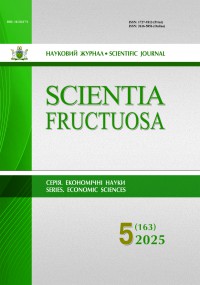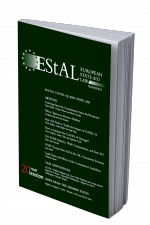EU Energy Security amid Geopolitical Change

This is an open-access article.
The European Union has long faced significant energy security challenges due to its high dependence on external fossil fuel imports. The Russian-Ukrainian war exacerbated these vulnerabilities, prompting urgent policy shifts toward energy diversification, renewables, and greater energy sovereignty. This article hypothesises that while national interests have historically hindered the full integration of EU energy policy, the crisis has catalysed transformative policy changes aimed at enhancing energy security and expediting the transition toward sustainable energy sources. To verify this hypothesis, a qualitative content analysis of EU legislative documents, political strategies, and scientific research have been conducted, combined with a comparative analysis of previous and current energy crises. The findings confirm that EU energy policy has undergone a fundamental shift, particularly the reduction of dependence on russian fossil fuels and the increase in liquefied natural gas (LNG) imports from the United States and Norway. The share of russian gas imports has decreased from 45% in 2021 to just 15% in 2023, while renewable energy production has reached record levels –in 2023, wind energy surpassed the volume of electricity generation on natural gas for the first time. The growing role of renewable energy sources, supply diversification, and the challenges related to national policy fragmentation has been emphasized. Despite significant progress, further efforts are needed to align energy sovereignty with sustainable development goals and long-term economic stability. Promising directions for further research include the development of hydrogen energy, energy storage technologies, and regulatory mechanisms to strengthen the energy resilience of the EU.




